Food waste is now a global issue. In the year 2018, the world wasted approximately 1.3 billion tons of food. Considering that there are parts of the world where the people are starving and do not have sufficient food supply, this statistic is frankly, ridiculous.
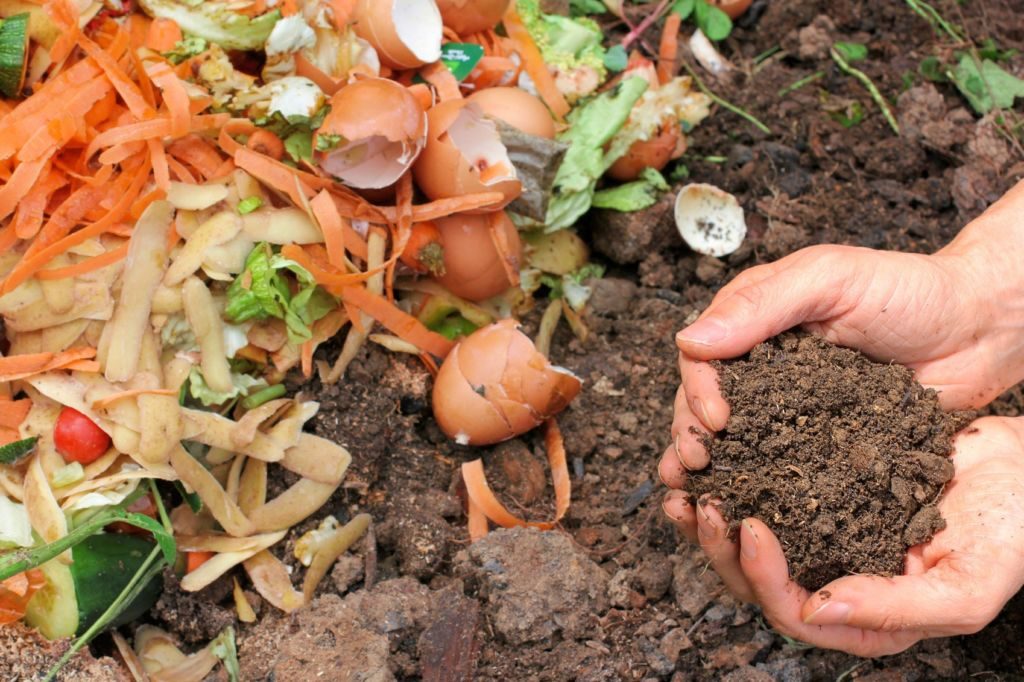
Not only does tossing food waste money, it also contributes to climate change. This is because food that is brought to landfills will rot and this in turn, produces large amounts of methane gas (a greenhouse gas) that is released into the atmosphere. To make matters worse, huge amounts of water is wasted as well.
Steps to reducing food waste
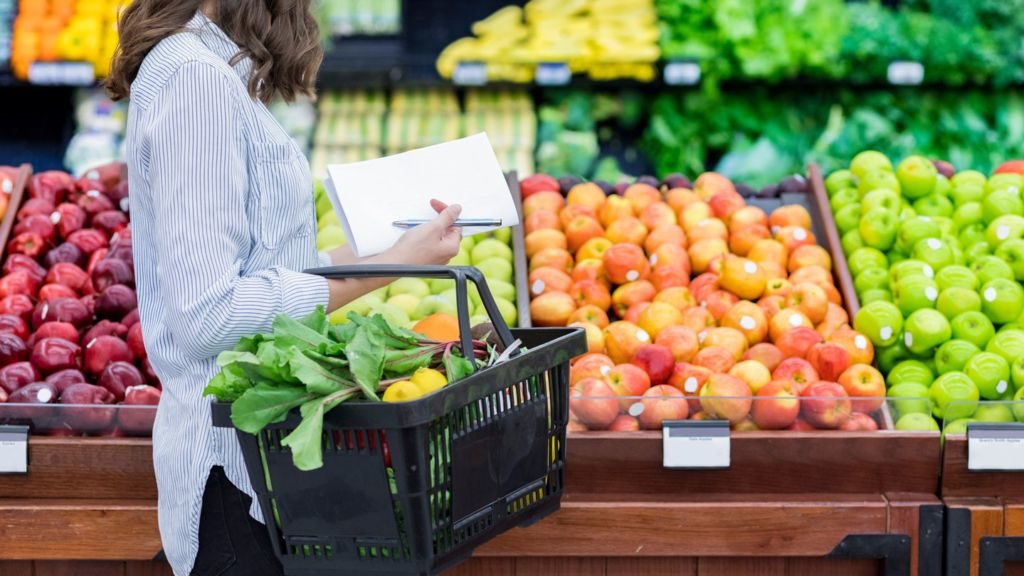
- Shop smart
Buying in bulk may be more convenient for the average consumer, but this habit tends to lead to buying more food than you need. To prevent food wastage due to too much food that you can consume, make frequent shopping trips and make it a point to buy fewer things each time. Before going to the store, ensure that the food from the previous trip has been consumed. It also helps to plan your meals and prepare a grocery list beforehand.
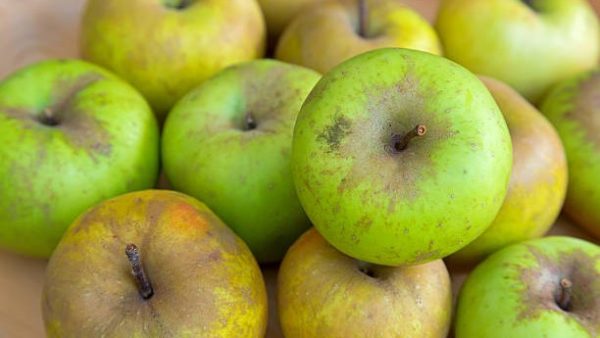
- Buy imperfect produce
Many fruits and vegetables are left out or thrown away due to their less-than-perfect colour, appearance, size or shape. Most of these food items are still edible and buying them at the local market or grocery store helps to use up produce that might end up being tossed.
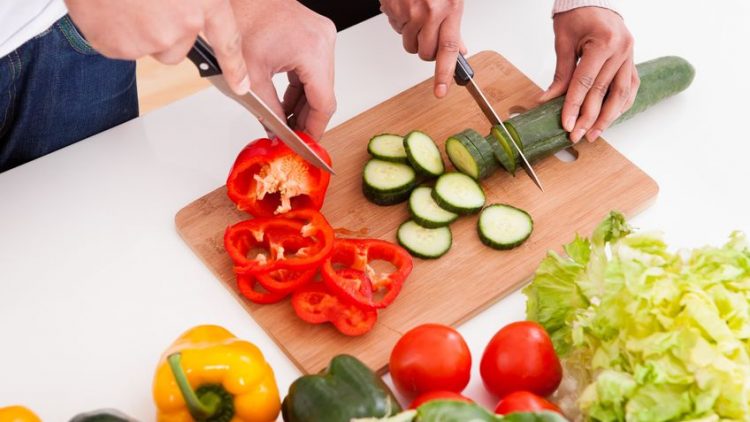
- Prepare food in the correct portion
Do not fall for the restaurant culture that serves massive portions of food. By reducing the amount of food served to family or friends, this helps to reduce the amount of food prepared that might end up wasted. Using small plates will help with this.
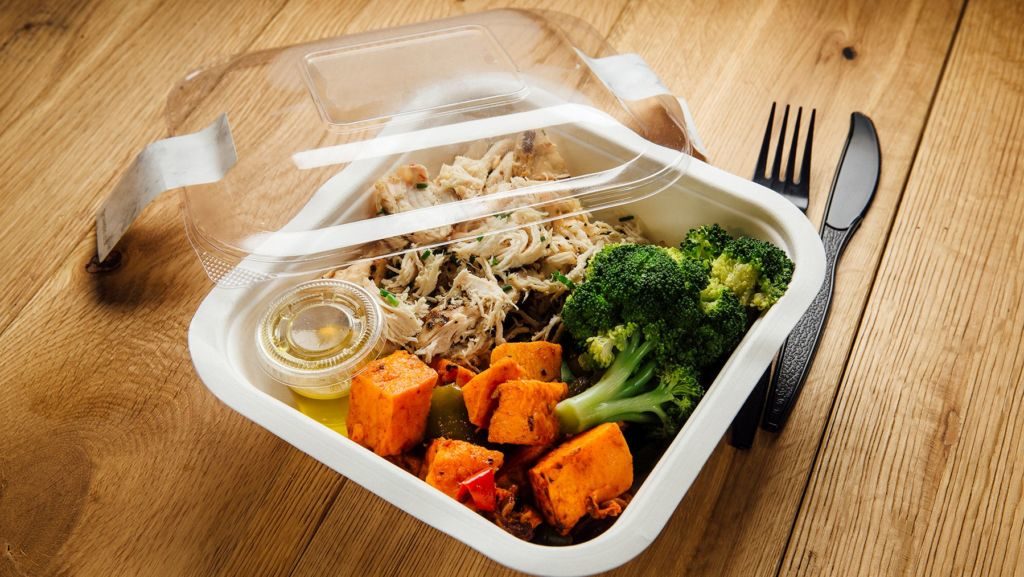
- Save and eat leftovers
Be sure to save any uneaten food if you cooked too much food or ordered too much at a restaurant. You can label them to keep track of the duration that they’ve been in the fridge and be sure to eat them in a day or two depending on what kind of food it is.
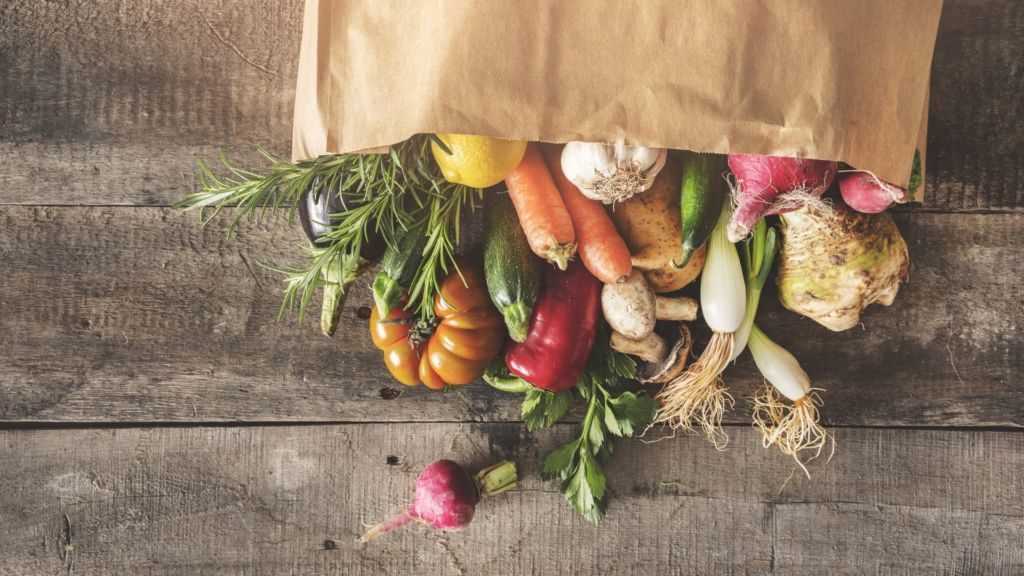
- Store food correctly
Learn to store food properly and in the correct way. Improper storage may cause food spoilage, and this leads to food wastage. Fruits and vegetables should be stored properly to prevent premature ripening and rotten produce. Separate foods that produce high amounts of ethylene gas which promotes ripening of foods. Examples of these foods include bananas, tomatoes, avocados, peaches, apples and green onions

- Expiration dates are not absolute
Foods that have expiration dates and sell-by guidelines are not necessarily correct. Be sure to check the condition of the food with your senses such as sight, smell and if necessary, taste.
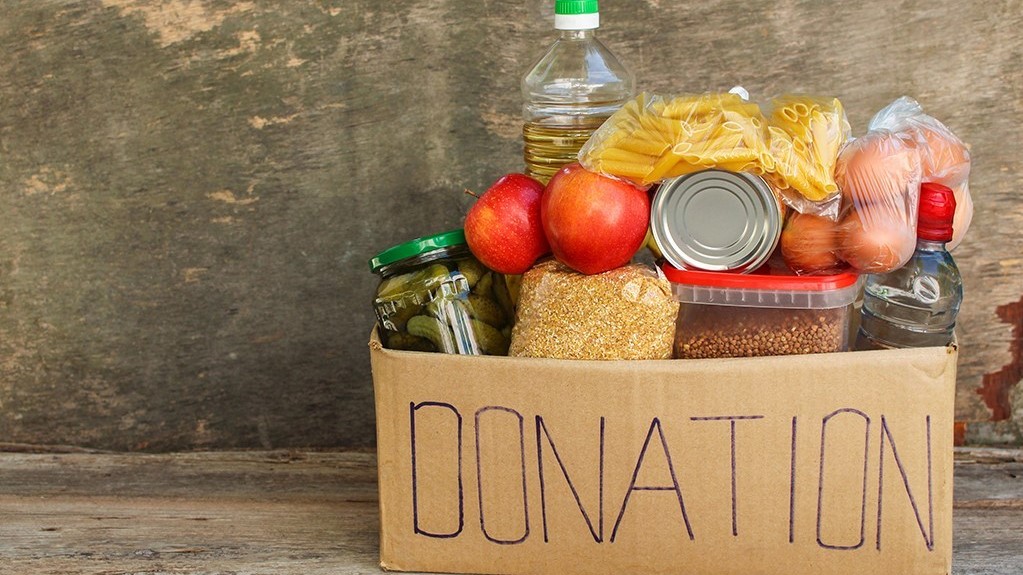
- Donate to food charities
Before throwing food away, do look into any available food banks or storage centres that will be able to give food that is not rotten to people in need. Not only that, food scraps can be donated to farms and feed production factories.
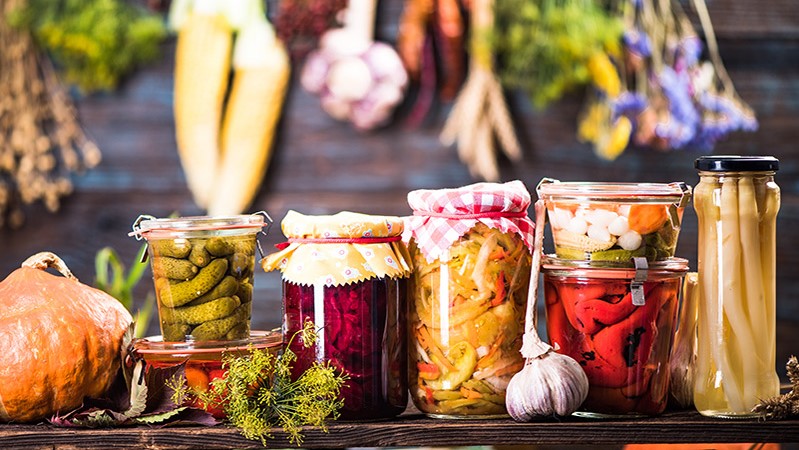
- Preserve food
Pickling, drying, curing, fermenting and freezing are some methods of preservation that can be utilised at home. This not only prevents food waste but will help to reduce expenditure as well.
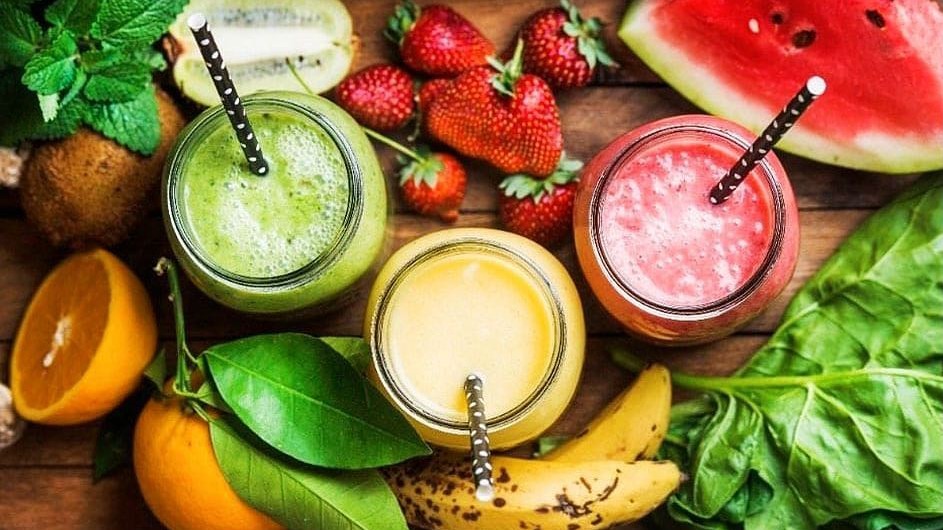
- Blend ‘em!
Another way to utilise extra fruits or vegetables is to blend them all to make your own nutrient-packed smoothie.
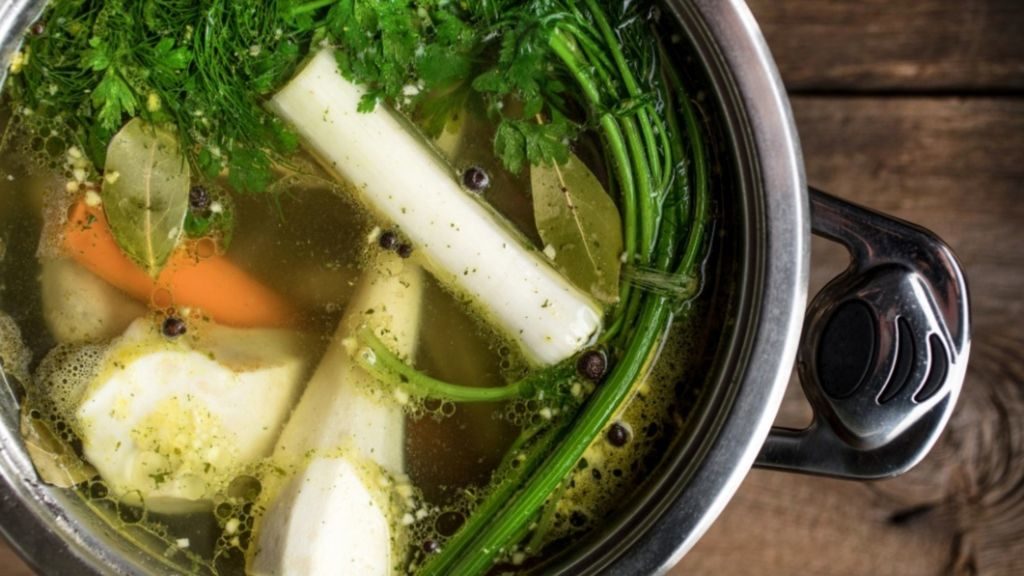
- Make your own stock
Homemade stock is a great way to use up excess food in the household. Vegetable scraps can be sautéed to make a vegetable broth. Surplus parts of chicken or meat bones can be simmered along with herbs, vegetables and water to make your own flavourful stock.

- Perk up plain water
This is for those that dislike drinking tasteless, plain water. One of the easiest ways to increase water intake is to make it flavourful. Peels from citrus fruits such as apples, cucumbers and pears add some fragrance and taste to regular water.
These are just some helpful tips to reduce food waste in our daily lives. If you’re interested to learn more, do check out more tips on the internet as well!





